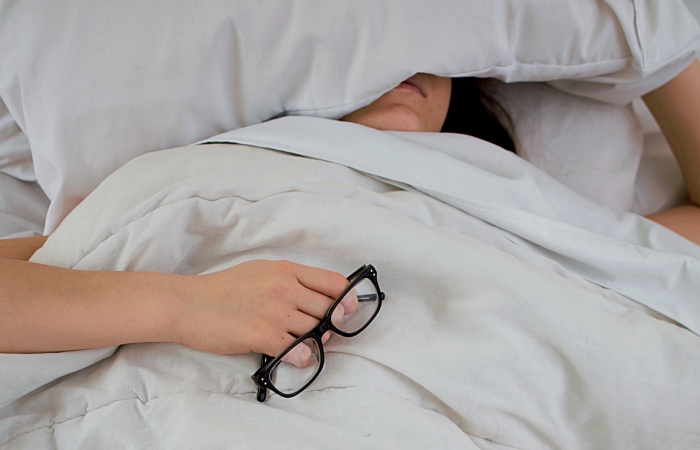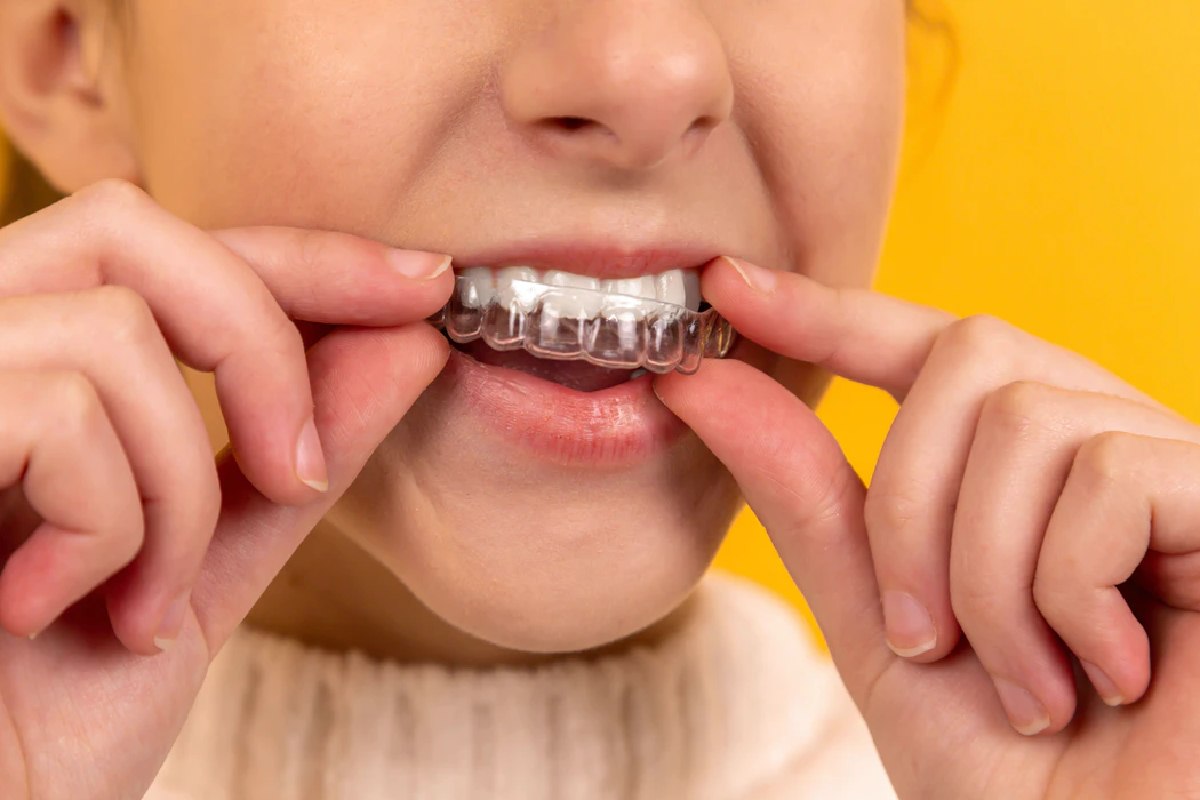How To Cope With Bruxism?
It’s easy to take teeth grinding or bruxism lightly. After all, it mostly happens when you are asleep and unaware. Bruxism, however, can quickly develop into something more serious when you start feeling a constant pain in the neck and jaw, headaches and migraines, and when your teeth start showing signs of decay.
If someone you share a room with tells you that you audibly grind your teeth at night, it’s best to book an appointment with your dentist. Prepare for your check-up by making sure to list down any symptoms you’re experiencing (e.g., tenderness in the jaw muscles, difficulty chewing, tooth pain). Include your relevant medical history involving conditions that may cause tooth grinding and the current medications you’re taking. If you are looking for the best orthodontist in Warrington, we suggest you to visit gavinismydentist for better treatment.
Below are some steps that will help you better deal with bruxism.
Reduce Stress Before Bedtime

Teeth grinding is often related to stress and anxiety. Practicing relaxation techniques and creating regular pre-bedtime rituals improves sleep quality and reduces the chances of grinding. Try allotting a few minutes of stretching and meditating and taking a long shower or a warm bath.
It also helps to remove anything in the bedroom that may cause stress. Turn off the TV, and put any gadgets you use for work on “Do not disturb.” If you’re unable to sleep without white noise or music, make sure you put on something slow and relaxing.
Develop Good Sleep Habits
Good sleep habits improve not only bruxism but your overall health. Practice setting a specific time for you to go to sleep, and no questions asked, then set the alarm for the morning. It’s essential to establish a consistent sleep schedule where you go to bed and wake up at a set time every day. To keep your sleep schedule consistent, limit the number and duration of naps throughout the day.
Stimulating substances such as caffeine, alcohol, and nicotine can also be responsible for bruxism. Avoid taking these before bed as they can interfere with your regular sleep schedule and may either keep you awake for the whole night or make you oversleep and miss your alarm.
Maintain Good Oral Health
The repetitive nighttime teeth grinding can do severe damage to the enamel on your teeth. It makes it more susceptible to cracks, causing headaches and muscle pain. Maintaining good oral health lessens the possibility of these things happening while coping.
Brush your teeth and floss regularly every day. Lessen the consumption of sugary, caffeinated, and alcoholic food and beverages because these are often the primary causes of toothaches. These types of beverages cause natural mouth bacteria to flourish and create acids that attack the teeth and their enamel.
Avoid Hard and Sticky Food

The constant grinding and clenching can wear down your teeth. It can cause tooth sensitivity and even tooth decay, so it’s best to avoid hard food. These include hard candies, nuts, chips, corn on the cob, and even certain bread types.
Sticky food can also do as much damage. Avoid snacks like toffee, Tootsie Rolls, chewing gums, and Starbursts. The sugars in these types of food cause plaque build-up, contributing to enamel breakdown and the emergence of cavities. Your teeth will become even more susceptible to cracks and fractures when exposed to frequent teeth grinding.
Take Your Nutritional Supplements
Studies have shown that the insufficient consumption or utilization of magnesium can cause teeth grinding. Magnesium is vital to human health because it plays a critical role in strengthening teeth and bones. It helps the body absorb calcium, another mineral that aids in building strong teeth and teeth enamel.
A regular diet that lacks magnesium and calcium can cause teeth grinding during both sleeping and waking hours. Magnesium supplements help reduce the frequency of teeth grinding in both children and adults.
Practice Mouth Exercises
Try following these exercises to relax, stretch and relieve tension in your mouth and jaw:
- Open your mouth as widely as you can and hold for 7-10 seconds.
- Open your mouth wide and place the tip of your tongue on top of your front teeth.
- Close your mouth and make sure your upper and lower teeth are not in contact. Place your tongue on the roof of your mouth. Hold for 20 seconds.
- Open your mouth slightly and move your lower jaw back forth ten times. Next, extend your lower jaw to the left and hold for 5 seconds. Repeat on the other side.
- Let your tongue touch the roof of your mouth, then open and close your mouth slowly for ten times.
- Gently massage your jaw to loosen the clenched muscles.
Your dentist may recommend several possible treatments. They can go various ways, as teeth clenching and teeth grinding may be symptoms of other related conditions such as mental health disorders and sleeping-related disorders. In any case, before and during your treatment, you can try these lifestyle self-care remedies to cope with this condition.


